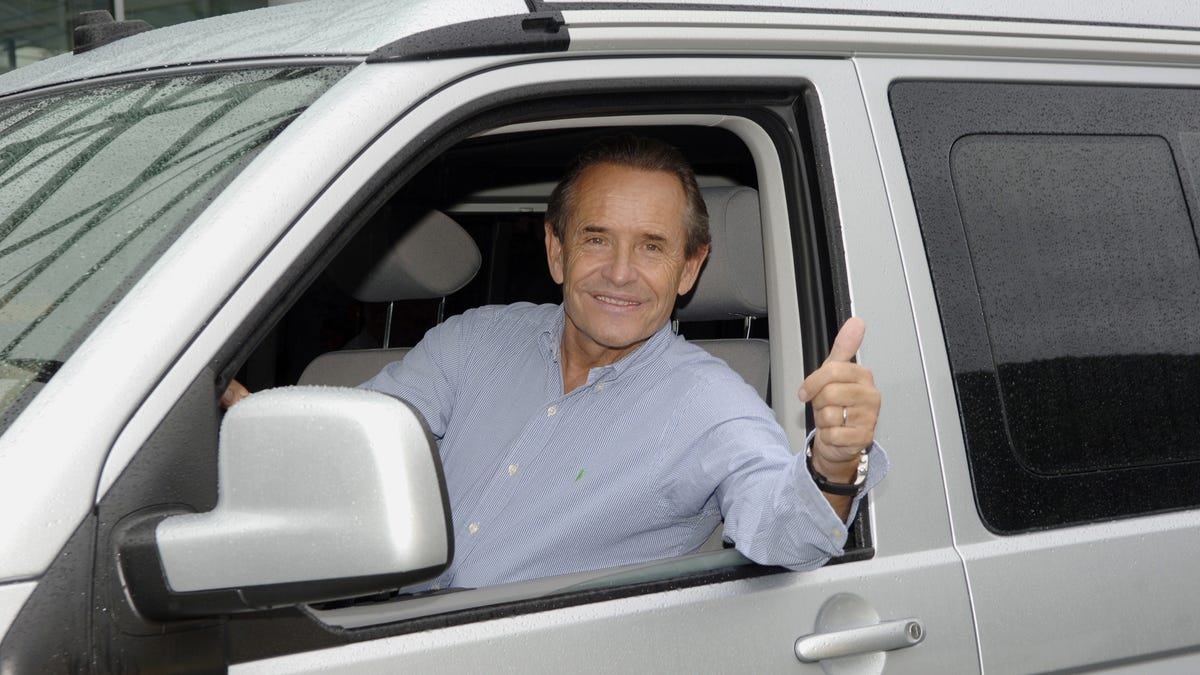Profile: Jacky Ickx
We look back at one of motorsport's greatest.

It's 25 years since Jean Todt, then boss of Peugeot's motorsport division, tossed a coin to decide which of his drivers would win the Paris-Dakar Rally. The coin favoured Ari Vatanen, but to take victory he would need help from his unlucky team-mate, Jacky Ickx.
Son of a motoring journalist father, Ickx started as a motorbike trials rider, graduated to hillclimbing and then won the Belgian saloon car championship in 1965 and 1966. He was European Formula 2 champion in 1967 and shone at the Nürburgring, where his 1.6-litre F2 Matra out-qualified most of the F1 cars and ran fourth until its suspension failed - a performance that put the 22-year-old Belgian on many a race team manager's radar. A month later he was bringing home a Cooper-Maserati sixth to earn a championship point on his F1 debut, and that was enough to ensure a Ferrari seat for 1968. Ickx won Ferrari's first race for quite a while, at Rouen in the rain: he quickly gained a reputation as a master of wet racing.
Alongside this burgeoning single-seater career Ickx was establishing himself in sports car racing. In 1968, he won the Le Mans 24-hour race in a Ford GT40, just yards ahead of a Porsche 917 after a nail-biting finish. The advantage would have been greater had Ickx not protested against the old-fashioned "Le Mans start" by walking across the track instead of running, as the other drivers did.
He won Le Mans again in 1975 with the Gulf GR8, then switched to Porsche and won again in 1976 and 1977. He was second in 1980, then took his fifth and sixth 24-hour victories in 1981-2 driving with Derek Bell. He was World Sportscar Champion twice.
The Spa 1000km sports car race in 1985 proved to be a turning point for Ickx: As he led young turk Stefan Bellof through Eau Rouge, Bellof lunged for the lead and the inevitable contact pitched both Porsches into the barriers. Ickx spun, while Bellof careered headlong into an unsurvivable impact with the armco. Ickx was deeply affected, and at the end of the season he retired from sports cars to concentrate on rally raids like the Dakar.
In 1989 he joined the all-conquering Peugeot team, and was leading the Dakar when Todt flipped his coin. By the end of the event he was still leading, but being a man of honour he delayed his arrival at the finish just long enough for Vatenen to take the win.
Still there is more to the Ickx story: he was instrumental in organizing racing at Spa, acted as clerk of the course at the Monaco GP, raced BMW CSLs and won at Bathurst in a Ford Falcon, won the Can Am sports car series, won the Dakar in a Mercedes G-wagen and much more. He has raced alongside his daughter Vanina in touring cars, and still appears at historic racing events. Even without winning that '89 Paris-Dakar rally, Jacky Ickx has a motorsport CV with a breadth and depth that's almost unmatched.

